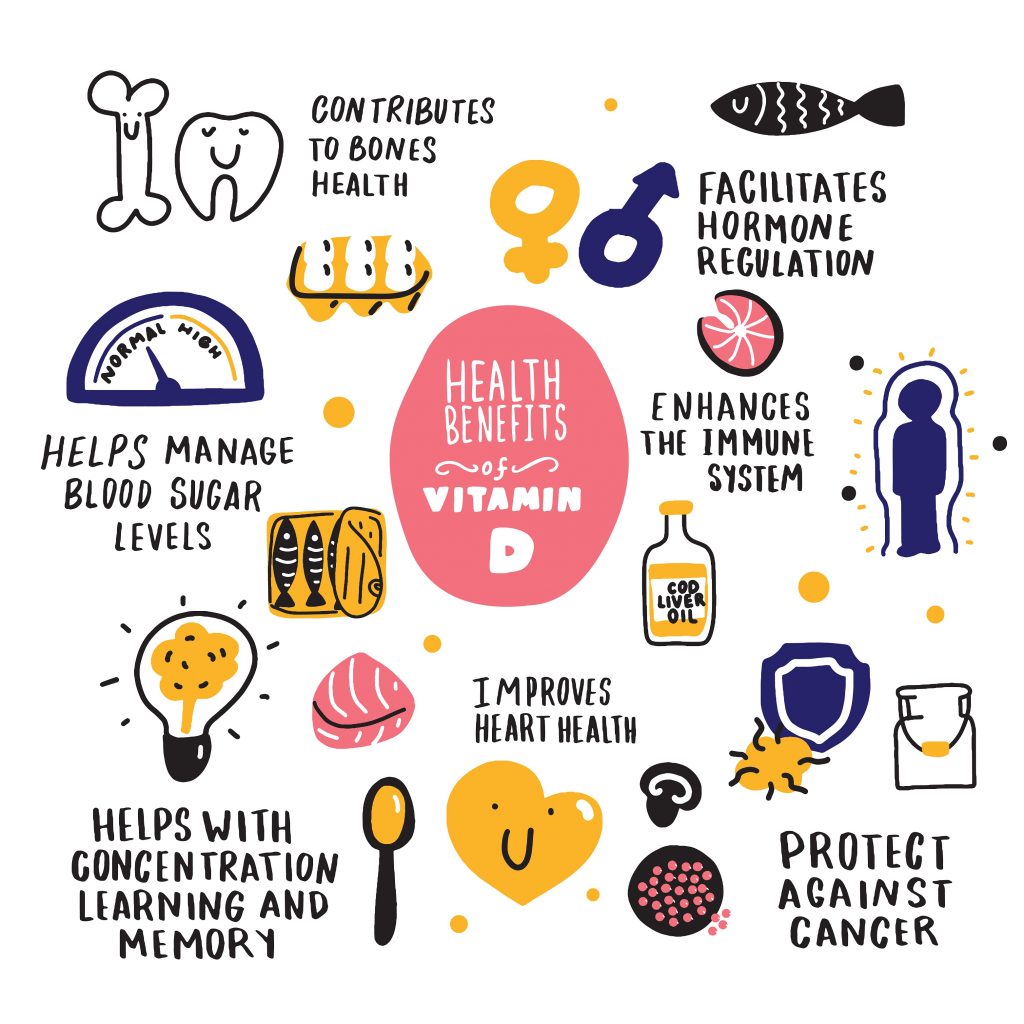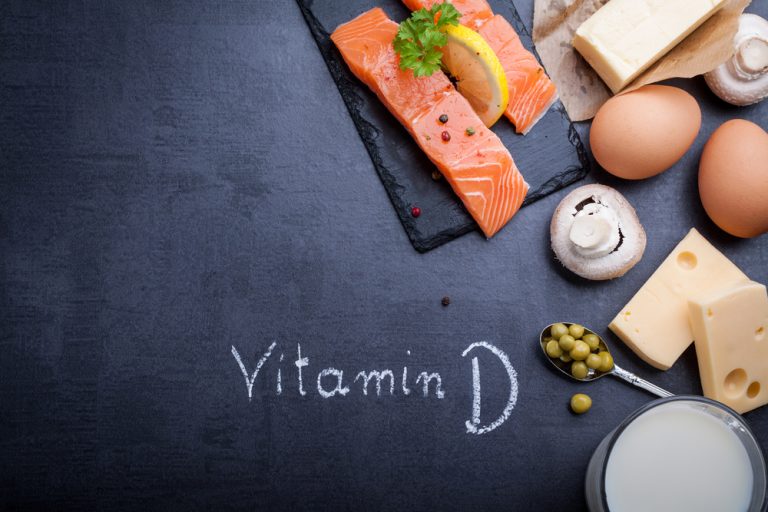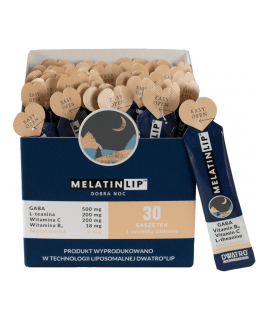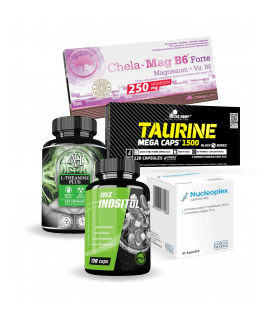Although we know it primarily from its participation in building healthy and strong bones, vitamin D3 performs many other important functions in the body. Attention is increasingly being paid to its impact on immunity, vitality and overall well-being. In our climate zone, there is a high risk of vitamin D3 deficiency, which is why you should ensure its proper supply with diet and supplements. What properties and effects does vitamin D3 have? How to prevent deficiency of this vitamin?
What is Vitamin D?
The term vitamin D refers to a group of chemicals from the group of steroids, which include vitamin D1 (calciferol), vitamin D2 (ergocalciferol) and vitamin D3 (cholecalciferol). The most important for the human body are vitamins D2 and D3, which are further transformed into biologically active compounds also referred to as vitamin hormones. Vitamin D3 (cholecalciferol) is synthesized in the skin under the influence of sunlight or provided with food. In turn, ergocalciferol (vitamin D2) is formed from ergosterol derived from yeast and from some hat mushrooms, which is why it is less important in terms of covering the daily requirement of vitamin D in the human body.
Vitamin D3 is also called the vitamin of the sun because it is formed in the skin under the influence of solar radiation. According to estimates, as much as 80% of the daily demand for vitamin D3 should be received by the skin synthesis, which is very difficult in our climate zone, especially in the period from autumn to spring (from September to April). To provide the body with the right dose of vitamin D3, in the summer, the skin (at least 20% of the body) should be exposed to the sun for at least 15-20 minutes daily. From September to April, it is difficult to get adequate exposure to solar radiation, so it is recommended to increase the proportion of vitamin D in the diet and daily supplementation.
Vitamin D3 and bones
It supports the construction and maintenance of healthy bones and teeth, which is particularly important for children and adolescents during the growth period, and for the elderly in whom bone regeneration processes are significantly slowed down.
Vitamin D3 plays a key role in bone mineralization, in the regulation of the body’s calcium and phosphate metabolism, increases their absorption from the gastrointestinal tract and has a positive effect on the ratio of calcium to phosphorus. Vitamin D3 deficiency in children leads to rickets, in adults and seniors - increases the risk of osteoporosis.

Vitamin D3 requirements
For proper functioning, the human body needs significant amounts of vitamin D3 from the first days of life. For this reason, vitamin D supplementation is recommended from birth to infants (up to 6 months old 400 IU/day), even for breastfed infants. In the following months and years, the recommended daily dose of vitamin D should be increased, to healthy adults reach the recommended level of supplementation from 800 to 2000 IU depending on the degree of deficiency. Supplements with vitamin D3 should be taken especially in the period from September to April. However, supplementation throughout the year is increasingly recommended, mainly due to low dietary supply and inadequate skin synthesis in the summer.
It is worth remembering that compounds from the vitamin D group belong to fat-soluble vitamins. In practice, this means that their excess is not excreted from the body, but stored in adipose tissue and liver.
Low supply of vitamin D3 in the diet, less and less skin exposure to the sun (even in summer), the use of sunblock are the main factors of its deficiency. It is estimated that vitamin D3 deficiency occurs in up to 90% of various populations.
What are the methods for vitamin D deficiency?
There are two important sources of vitamin D3 - diet and supplements.
Fatty fish (salmon, eel, herring) is the best dietary source of Vitamin D - their daily portion mostly covers the daily needs of an adult, but remember that they do not appear too often on our tables. Significant doses of vitamin D3 is also contained in cheese and butter, however, due to their high-fat content, it is not recommended to consume them in large quantities. Due to the difficult availability of vitamin D3 in the diet, it’s worth taking care of its daily supplementation.
As already mentioned, due to insufficient sun exposure, supplementation should be used at least in the period from September to April. Children, the elderly, obese and night workers should reach for vitamin D3 dietary supplements throughout the year. To choose a vitamin D3 supplement well, you need to check the daily requirement for this substance, and in addition, select the dose based on the amount of this substance supplied from other sources (e.g. diet).









